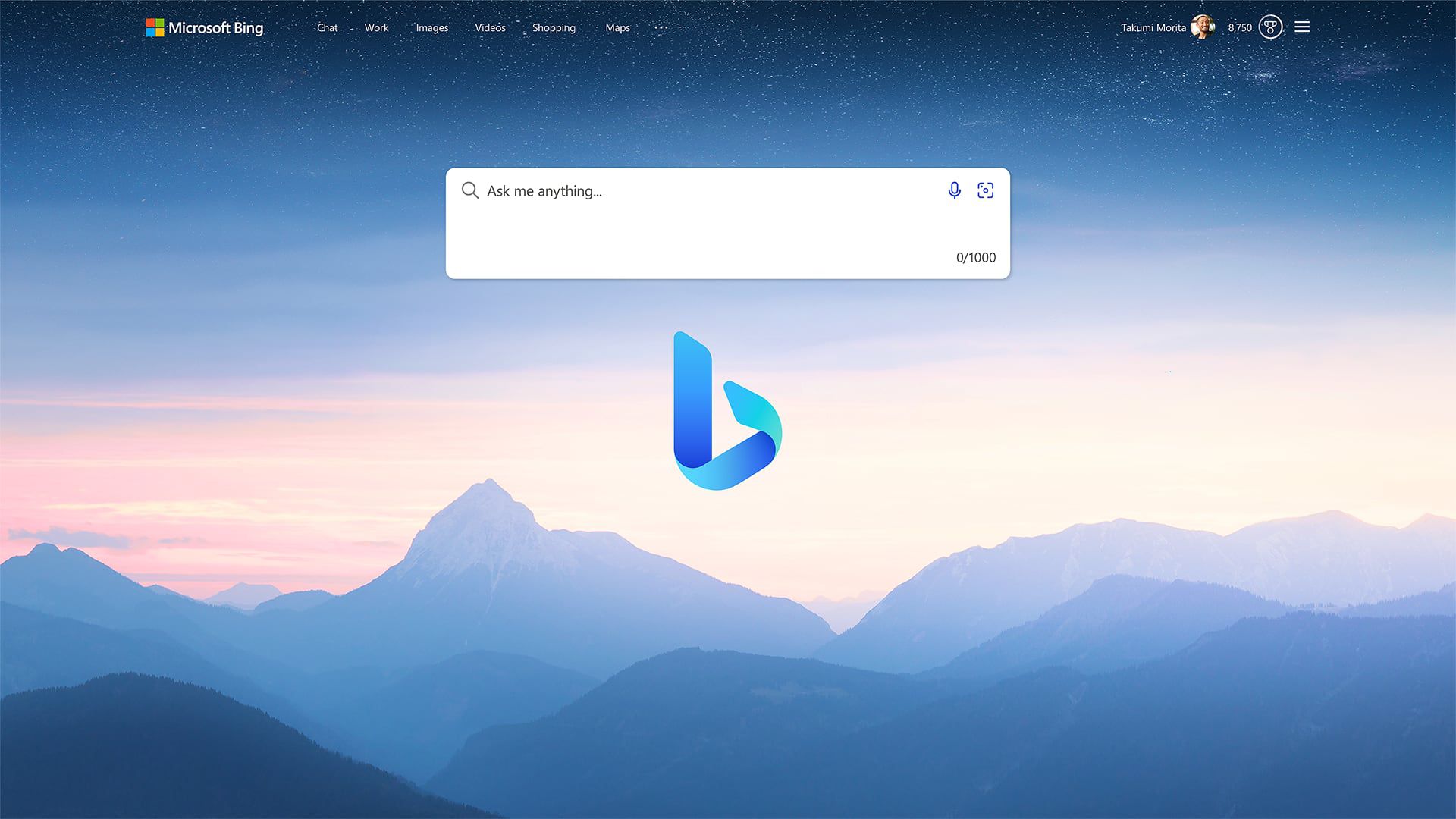Microsoft's AI-powered Bing Chat is now available on Microsoft Launcher for Android smartphones running Android Oreo, expanding access to the chatbot beyond the Edge browser and offering features like chat tone selection and voice inputs. However, Surface Duo users do not have access to Bing Chat in Microsoft Launcher at the moment.
Microsoft's Bing AI is now officially supported on Google Chrome, expanding its reach beyond the Edge browser.
Google maintains a dominant position in the global search engine market with a 90.7% market share, while its competitors like Bing and Yahoo lag far behind, according to data from Similarweb. However, Google is currently facing a civil antitrust lawsuit by the U.S. Justice Department for alleged anticompetitive practices. Bing, despite its AI-powered version, has not made significant progress in challenging Google's dominance.
Google's antitrust trial against the Department of Justice centers around claims that Microsoft's search tool Bing failed due to lack of investment and innovation, rather than Google's anticompetitive behavior.
Microsoft executive testifies that Apple and other smartphone makers declined revenue sharing agreements with Bing, allowing Google to maintain its dominant position as the default search engine on those devices.
Microsoft considered investing billions of dollars in a deal with Apple in 2016 to make Bing the default search engine on Safari browser, aiming to compete with Google, according to a Microsoft executive's testimony in court.
Microsoft CEO Satya Nadella testified in the U.S. antitrust fight between the Justice Department and Google, dismissing the idea that it is easy to change defaults on devices and revealing that Microsoft had sought to make Bing the default search engine on Apple smartphones but was rejected.
Apple has the potential to compete with Google in building a search engine, as it has a strong search team and has developed a next-generation search engine called "Pegasus," but currently, Apple benefits from the $15 billion annual payment it receives from Google to keep Google Search as the default on Safari.
Apple has turned down opportunities to challenge Google's search engine dominance, including the chance to purchase Bing and make DuckDuckGo the default for Safari's private browsing mode, according to court transcripts unsealed in the US government's antitrust lawsuit against Google.
The antitrust case against Google puts the annual payment it makes to Apple for being the default search engine at risk, which constitutes 14-16% of Apple's profits, but Bernstein analysts believe Apple has options to mitigate the potential impact, such as partnering with another search engine or launching its own.
Apple's long-standing and lucrative agreement with Google to have it as the default search engine on Safari across its products has prevented Apple from developing its own search product and solidifies Google's dominance in the search industry, according to evidence presented in the US v. Google antitrust trial.
Google pays Apple between $18 and $20 billion per year to be the default search engine on iPhones, representing roughly 15% of Apple's annual operating profits, and there is a possibility that federal courts could force Google to terminate its search deal with Apple as part of the Department of Justice's antitrust lawsuit against Google.
Google could be paying Apple between $18 billion to $20 billion a year to maintain its status as the dominant search engine on the iPhone, potentially generating 14-16% of Apple's annual operating profits, but this agreement may be at risk due to an ongoing antitrust suit.
Google reportedly paid Apple approximately $18 billion in 2021 to be the default search engine on Apple devices, a deal that not only grants prime placement to Google but also prevents Apple from developing its own search engine.
